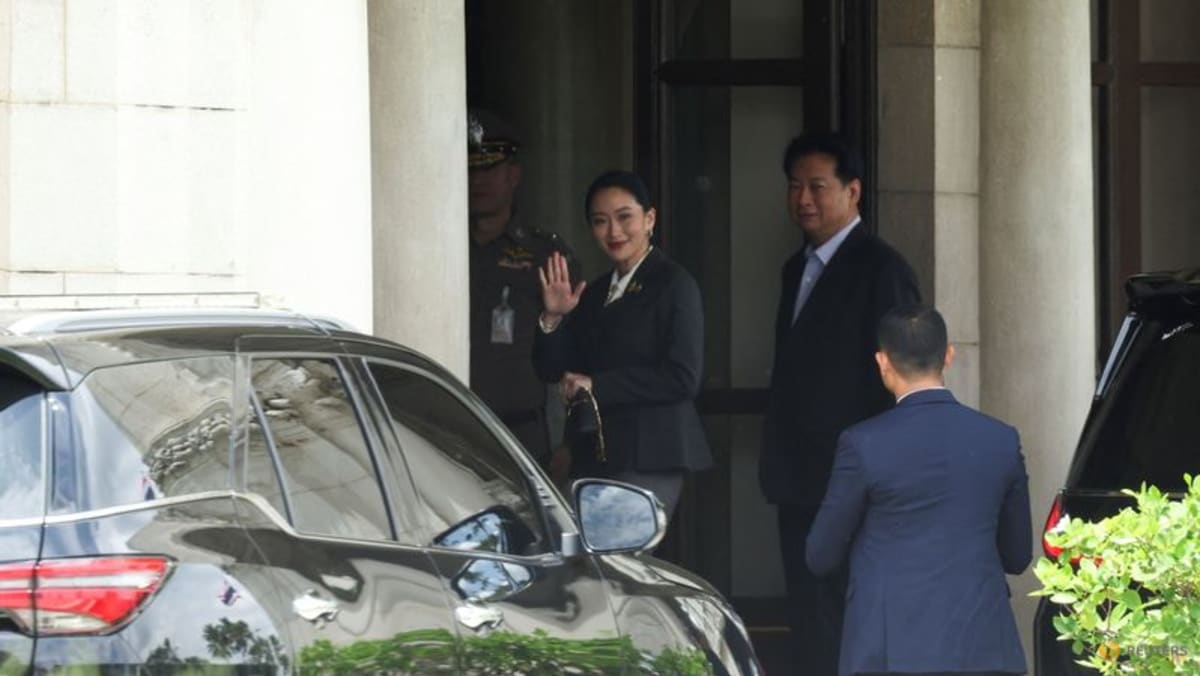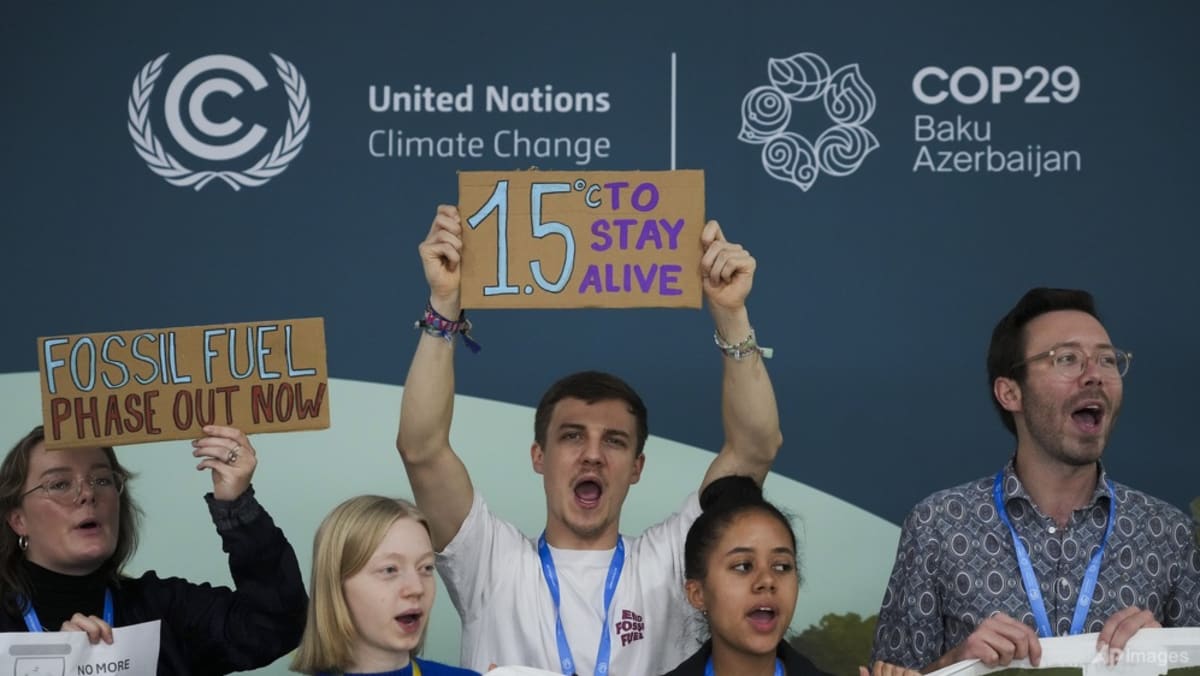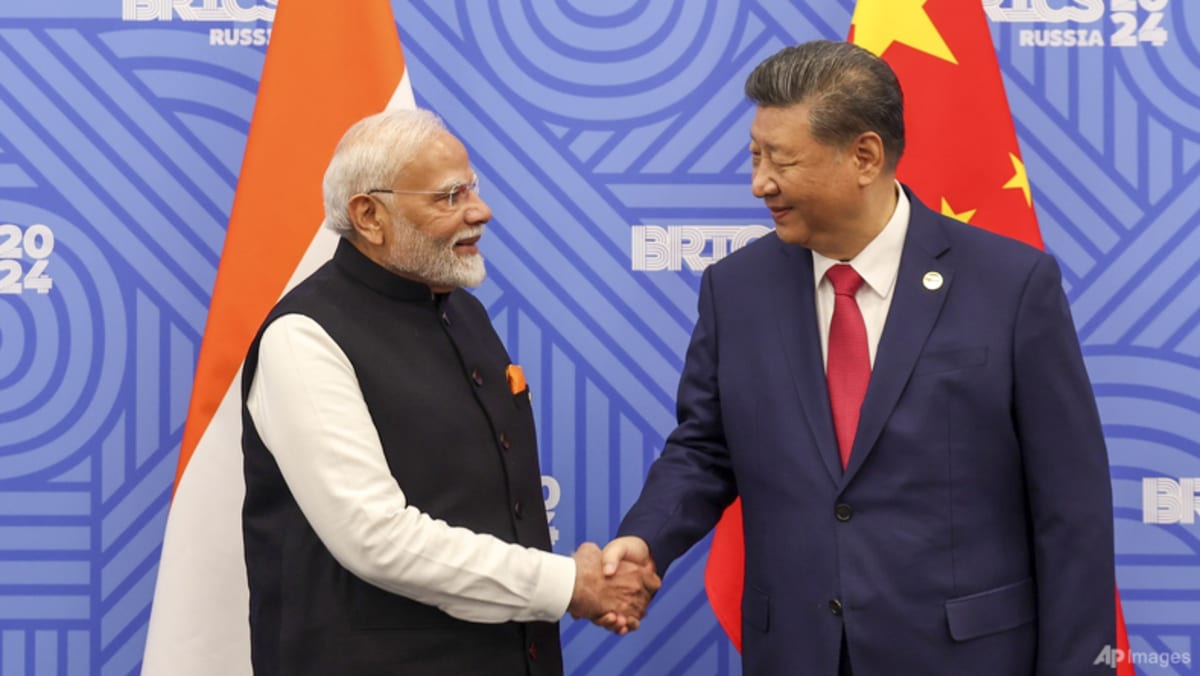These include the weakening of corporate sustainability obligations, delays to methane control measures and the loosening of vehicle emissions standards. Under the banner of “bureaucratic simplification”, further retreats are unfolding in areas such as deforestation, biodiversity protection and sustainable finance.
Europe’s increasing focus on industrial competitiveness, particularly in response to previous US subsidies and China’s dominance in clean tech, could strengthen homegrown industrial champions. But this also risks fueling protectionism, raising transition costs and, ultimately, slowing climate action.
MODEST POLITICAL WILL BUT RISING COMMERCIAL POWER IN CHINA
For some time, there was hope that China would emerge as a proactive international climate voice, even if it would not or could not fill the space vacated by the US. That prospect remains distant.
China’s climate discourse resembles the EU in reverse: The country’s vast industrial might has clearly outgrown its leadership’s political appetite.
Fuelled by an abundant and affordable renewable energy supply as a result of a decade-long industrial campaign, solar and wind installations in 2025 alone are projected to reach an astonishing 500 gigawatts, surpassing the entire US installation capacity. On the roads, every second new car sold now is electric. Clean tech firms are rapidly expanding overseas too, gaining momentum in Global South markets.













